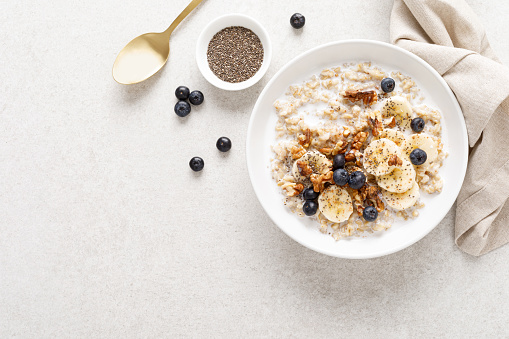Antibiotics are a vital tool in the fight against bacterial infections, but they can also have unintended consequences. One of the most significant side effects of antibiotic use is the disruption of the gut microbiome, which can lead to digestive issues and other health problems. However, research has shown that probiotics can help restore gut health after antibiotic use. In this article, we’ll explore the link between probiotics and antibiotic use and how probiotics can help restore gut health.
How Antibiotics Affect the Gut Microbiome
Antibiotics can affect the gut microbiome in several ways:
- Killing Beneficial Bacteria: Antibiotics are designed to kill bacteria, but they can also kill the beneficial bacteria in the gut microbiome.
- Allowing Harmful Bacteria to Thrive: When beneficial bacteria are killed off, harmful bacteria can thrive and cause digestive issues and other health problems.
- Disrupting the Balance of the Gut Microbiome: Antibiotics can disrupt the delicate balance of the gut microbiome, leading to a range of health issues.
How Probiotics Help Restore Gut Health
Probiotics can help restore gut health after antibiotic use in several ways:
- Replenishing Beneficial Bacteria: Probiotics can help replenish the beneficial bacteria that were killed off by antibiotics.
- Crowding Out Harmful Bacteria: Probiotics can help crowd out harmful bacteria in the gut, reducing the risk of digestive issues and other health problems.
- Restoring Balance to the Gut Microbiome: Probiotics can help restore the delicate balance of the gut microbiome, reducing the risk of health issues.
The Benefits of Probiotics for Antibiotic Use
Probiotics can benefit gut health after antibiotic use in several ways:
- Reduce the Risk of Digestive Issues: Probiotics can help reduce the risk of digestive issues, such as diarrhea and bloating, that can occur after antibiotic use.
- Boost the Immune System: Probiotics can help boost the immune system, which can be weakened by antibiotic use.
- Improve Mental Health: Probiotics can help improve mental health by reducing inflammation and improving gut-brain communication.
Where to Find Probiotics for Antibiotic Use
Probiotics can be found in a variety of foods and supplements. Here are some of the most common sources:
- Yogurt: Yogurt is one of the most well-known sources of probiotics. Look for brands that contain live and active cultures.
- Kefir: Kefir is a fermented milk drink that is similar to yogurt. It contains a variety of beneficial bacteria and yeasts.
- Sauerkraut: Sauerkraut is a fermented cabbage dish that is rich in probiotics. Look for unpasteurized sauerkraut to ensure that it contains live cultures.
- Kimchi: Kimchi is a spicy Korean dish that is made with fermented vegetables. It contains a variety of beneficial bacteria and can be a great source of probiotics.
- Kombucha: Kombucha is a fermented tea drink that is becoming increasingly popular. It contains a variety of beneficial bacteria and yeasts.
- Probiotic Supplements: If you’re not getting enough probiotics from your diet, you may want to consider taking a probiotic supplement. Look for one that contains a variety of strains of bacteria.
Final Thoughts
Antibiotics are an essential tool in the fight against bacterial infections, but they can also have unintended consequences, such as disrupting the delicate balance of the gut microbiome. Fortunately, probiotics can help restore gut health after antibiotic use by replenishing beneficial bacteria, crowding out harmful bacteria, and restoring balance to the gut microbiome. By incorporating probiotic-rich foods into your diet or taking a probiotic supplement, you can help support a healthy gut microbiome and potentially reduce the risk of digestive issues and other health problems after antibiotic use. As always, be sure to talk to your doctor before making any changes to your diet or supplement routine.





